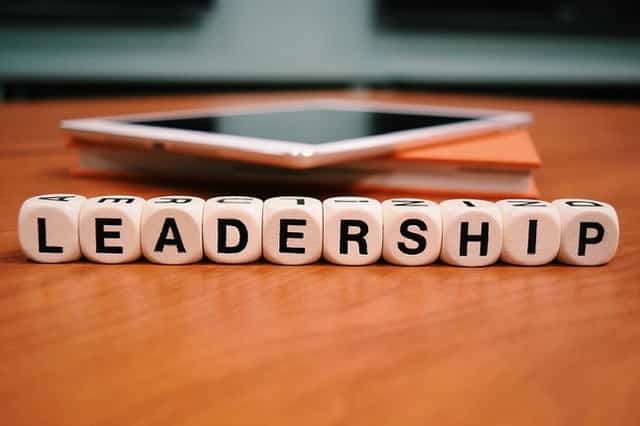As we discussed in our January blog, good communication skills are critical to build collaboration skills. Clear communication is harder to achieve in moments of conflict, however, and so below are some techniques for communicating during times of conflict, disagreement, and difference.
Giving Feedback
There are times which call for feedback or criticism, and many people are not sure how to go about this part of communication. Having skill in providing feedback means providing constructive criticism, or feedback which can be used by the listener to become better. Framing feedback in a positive way means that any criticism will be more easily accepted, because people are motivated by a vision of what could be better, but get stuck with images of how they are ‘bad’. Therefore it is good to practice the technique of starting with a positive, and then moving into a critique which is framed with an “even better if” statement.
Using Active Listening
Listening actively to people is a skill which requires practice. You can learn a few simple techniques to make sure you are listening actively. Be responsive while the person is talking, by smiling, using soft eye contact, and saying “um-hum” at appropriate intervals. You can even mirror their body language and this will make them feel like you are really listening to them. Be engaged, non-judgemental, and patient. Do not interrupt them, don’t share your opinion about what they’re saying unless it seems welcomed, and allow them to finish. Don’t jump in and start to talk when there is a moment of silence, just take a deep breath and wait a minute to see if they will need more time to express what they are going to say. Active listening is a very important tool for listening to opinions and ideas during team meetings or to resolve conflict.
Using Nonviolent Communication
Using nonviolent communication helps when conflict resolution is necessary. The techniques for using this skill can be used with active listening, and are learned through practice. Simply framing your sentences from a place of self-awareness is an important way to stay away from blaming or shaming. Using “I” statements when talking about observations, feelings, needs and requests help soften your approach to sharing information. When listening, it’s important to ask clarifying questions which begin with “How” or “What”, not “Why”, “Did”, “Are”. Take responsibility for your part, and express caring for others. Do not use comparisons, or merit/punishment based on value systems which belittle the person, but acknowledge their independence.
Using Negotiation Skills
Using negotiation skills can help a team or collaborating group to come to agreement quickly by seeking best possible outcome for all involved. In order to do this, get into the habit of clarifying goals, and then setting common goals, so that each party can find their ‘win’. Exercising emotional control during a negotiation process is very important.



 Importance of Teamwork and Collaboration Skills
Importance of Teamwork and Collaboration Skills